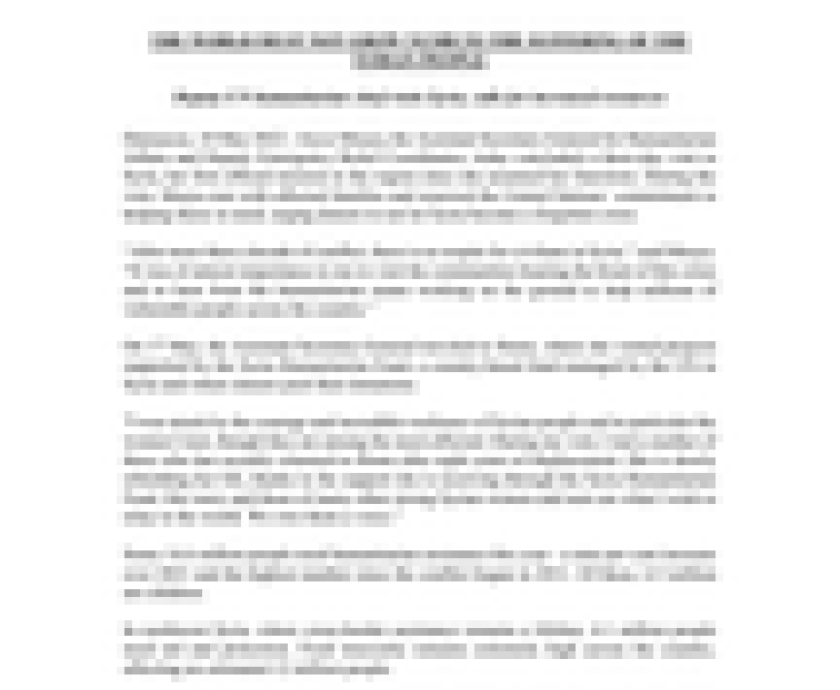Click to expand Image
Australian Prime Minister Anthony Albanese attends the Pacific Island Leaders Forum, where he declared a climate emergency along with other Pacific leaders, July 13, 2022.
© 2022 Joe Armao/Pool Photo via AP
The new Australian Prime Minister Anthony Albanese has been working hard to convince the world that Australia will now take climate action seriously, after the nation spent nearly a decade as an international climate pariah under the previous government.
On election night in May, Albanese pledged to end divisive political “climate wars” and make Australia a “renewable energy superpower.”
Foreign Minister Penny Wong headed straight to the Pacific promising, “We will act – standing shoulder to shoulder with the Pacific as we address the climate crisis.”
The prime minister himself then joined Pacific Island leaders in Fiji in July declaring a climate emergency and a commitment to limit global warming to 1.5 degrees Celsius.
The diplomatic push was followed with concrete action.
Australia’s lower house of parliament passed a bill legislating a 43 percent emissions reduction target by 2030; the government gave strong support to renewable energy projects; and for the first time, an Australian environmental minister said she would reject a new coal mine because of its possible impact on the nearby Great Barrier Reef.
But the Albanese government is still trying to have it both ways. They want kudos for being climate champions but without showing any willingness to rein in Australia’s powerful fossil fuel industry.
The government denies responsibility for emissions created by the vast amounts of coal and gas Australia exports overseas as one of the world’s largest fossil fuel producers, and has flatly ruled out any discussion on banning new fossil fuel projects.
And this week, the government approved 10 new ocean sites for oil and gas exploration.
The United Nations, the International Energy Agency, and the world’s leading climate scientists have made it very clear that to protect lives, livelihoods, and the environment from ever-growing risks, there can be no new investments in oil, gas, and coal.
True climate leadership requires tough, courageous decisions. The Albanese government needs to stop approving new fossil fuel projects and deliver on its promise of Australia as a renewable energy superpower. Anything less means the country’s “climate wars” are not over, and this is one fight we cannot afford to lose.



